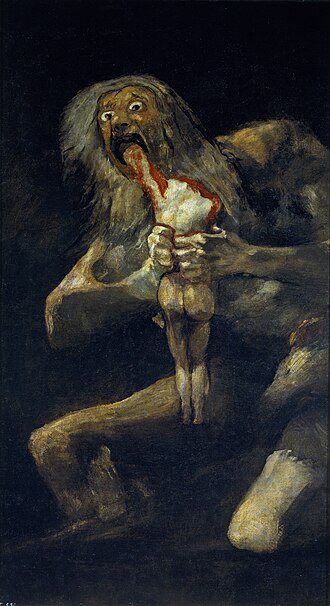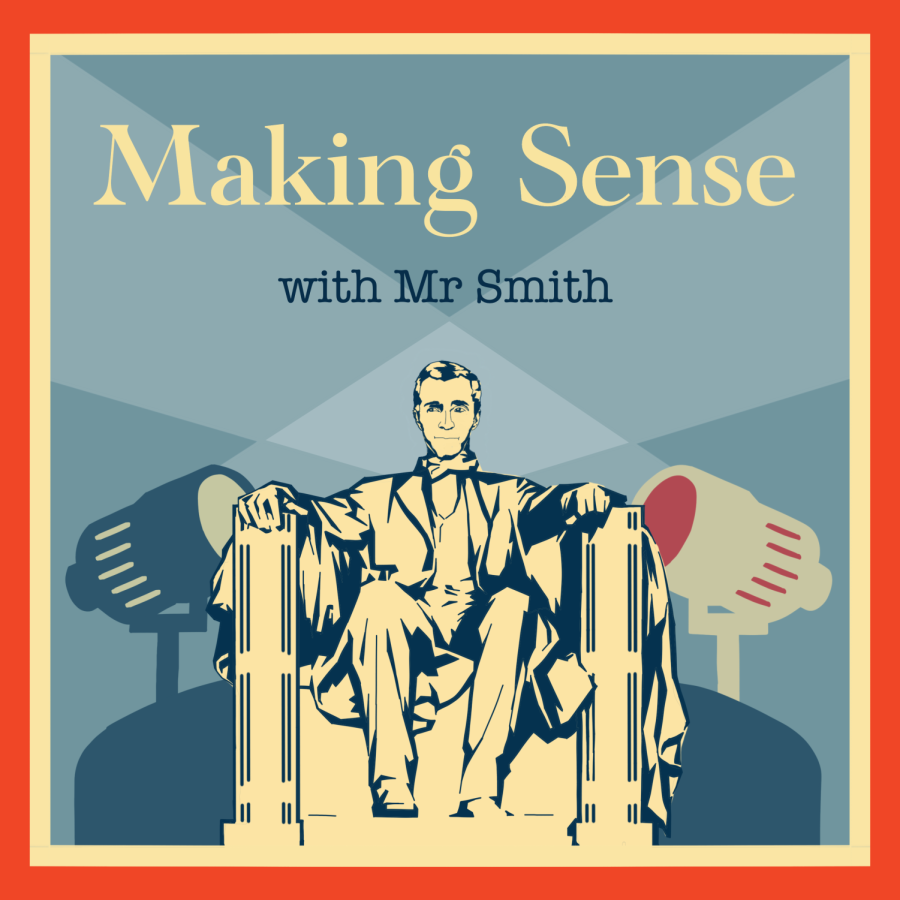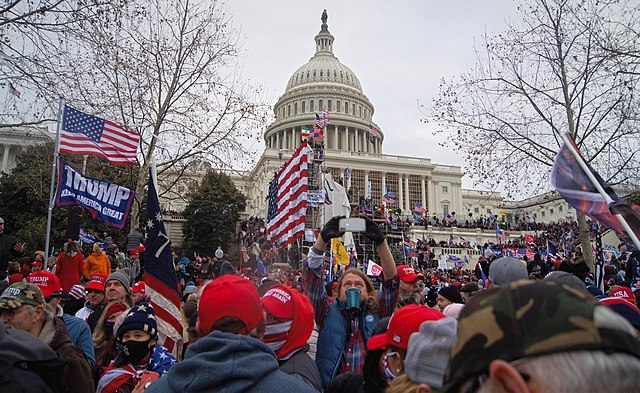Four years after the January Sixth Capitol riots, American media is still grappling with the long-term consequences of the attack, particularly with the re-election of Trump. Though the original conflict was resolved in 2021, decisions on what repercussions the rioters will face have largely been left in limbo, with opinions ranging from heavy jail-time penalties to letting the rioters walk free. Most notably, President Trump has exacerbated this issue by mass-pardoning January 6 protestors in one of his many controversial executive orders. This motion follows promises made by the new president at rallies to free the protestors. However, in keeping this promise, Trump has broken an older, now-forgotten promise.
Before getting into the weeds of Trump’s postulations, a summary of the 2021 conflict is in order, as time and the words of politicians have muddied the waters of what really happened. At its core, January 6th was a political showing by supporters of Republican President Donald Trump in front of the U.S. Capitol building. More specifically, these protestors gathered to disrupt the joint session of Congress currently in session, which was convened to certify the results of the 2020 presidential election. Many new outlets subsequently accused Trump of inciting an insurrection, as he had given a speech before the attack where he encouraged his followers to dispute the results of the election. In the months preceding the riot, Trump had also made several claims that the Democrats were attempting to rig the election, as the pandemic had led to looser guidelines surrounding absentee ballots in many states (since COVID-19 made it difficult or impossible for some people to leave their homes to vote). The House of Representatives impeached him for this incitement, though the Senate later acquitted him.
Immediately following the events of January 6th, Donald Trump took to X (formerly known as Twitter) and posted several tweets, wherein he expressed his love for the protestors, reiterated the claim that the election had been stolen, yet urged the rioters to obey Capitol police and return home. These posts followed initial resistance to White House aides and then-House minority leader Kevin McCarthy to rebuke the event, leading many new outlets to accuse Trump of not being sincere in his anti-violence statements. Trump was subsequently banned on X for these inflammatory posts, which glorified violence.
The day after the attack, Trump publicly denounced the January 6th rioters—on video—condemning the “heinous attack” and expressing that he was “outraged by the violence, lawlessness, and mayhem.” He also stated that “those who engaged in the attacks… will be brought to justice.” Evidently, Trump did not condone these attacks—at least, not publicly.
News stories in the past several years have seen what appears to be a 180 on what Trump had previously proclaimed to the nation. Where Trump had denounced these rioters four years ago, he know has been pushing for pardons and acquittals of those involved. On his first day in office, Donald Trump pardoned more than 1,500 people, including those who had assaulted police officers. White House spokesperson Karoline Leavitt defended these pardons, stating on Fox News that “President Trump campaigned on this promise. It should come as no surprise that he delivered on it on Day One.”
Truly, President Trump did indeed campaign on pardoning these rioters, saying in Washington last May that it would be a great honor to “pardon the peaceful January 6 protesters, or as I often call them, the hostages… a group of people treated so harshly or unfairly.” However, this sentiment contradicts his previous statement in 2021, wherein he promised to allow justice to run its course. As such, Capitol rioters—some of whose criminal records involve rape and domestic violence—were pardoned from sentences ranging up to 10-22 years in prison.
Whether or not Trump contradicted himself by pardoning all of the Capitol rioters, the rest of the president’s term will no doubt offer up new points of contention and controversy, as seen by his previous administration and the actions he has already taken in his first few weeks of office. As his second term picks up steam, making sure to be an informed reader/voter will be more critical than ever, especially with the proliferation of social media and other highly-biased news sources that have surfaced in the 21st century. Not just with regards to Trump, ensure that information is double-checked (preferably by a news source that typically doesn’t agree with the one making the claim) before being proliferated online to combat misinformation. Additionally, before believing the claims of a politician, take a moment to see if they have previously taken a stance on the issue, especially if they have been known to contradict themselves. Above all else, try to form an educated opinion on current events, taking in the opinions of myriad sources before jumping to conclusions.























